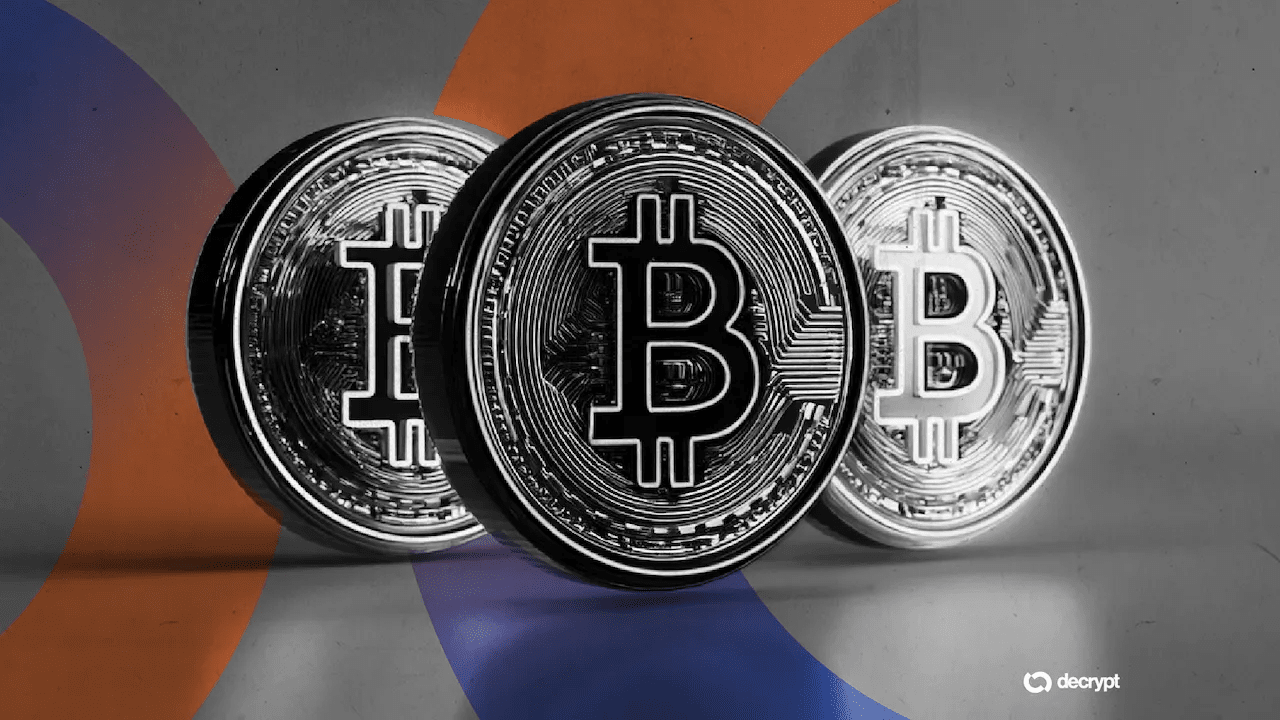
The Philippine Congress has proposed a bold legislative initiative aimed at establishing a national strategic bitcoin reserve, instructing the Central Bank of the Philippines to gradually purchase 10,000 bitcoins over the next five years and lock them in for 20 years. The bill was introduced by Congressman Miguel Luis Villafuerte and is officially titled the (Strategic Bitcoin Reserve Act) (House Bill No. 421). If passed, the Philippines will become one of the first countries in Asia to establish a sovereign bitcoin reserve through formal regulations.
Core content of the bill
According to the provisions of the bill, the Central Bank of the Philippines is required to purchase no more than 2,000 bitcoins annually over a period of five years, managing these reserves strictly according to trust and reporting requirements. The bitcoins in reserve can only be used to repay government debts after the 20-year lock-up period ends. The bill also mandates the establishment of clear custody, reserve proof, and disposal rules through laws and regulations to ensure transparency and standardization in reserve management.
Villafuerte emphasized in the proposal that 'the importance of bitcoin in ensuring financial and economic strength is increasing, and the state must take significant legislative measures.' He believes that reserving strategic assets like bitcoin is crucial for supporting national interests and enhancing financial stability.
Local crypto enthusiasts' views
The cryptocurrency community in the Philippines has reacted positively to the proposal but has also raised cautionary notes. Miguel Antonio Cuneta, co-founder of Satoshi Citadel Industries, the Philippines' first licensed virtual asset provider, stated that this measure is an 'asymmetric bet' that could bring long-term benefits to the Philippines. He pointed out that other countries like Bhutan are accumulating bitcoins and ethers through hydroelectric-powered mining, and Pakistan has announced similar plans, providing a reference template for the Philippines. Cuneta suggested that the government should diversify its investments by allocating a small portion of its assets into bitcoin, a 'new asset class with incredible compound annual growth rates,' while avoiding impacts on funding needs in other key sectors.
Luis Buenaventura, the cryptocurrency director at GCash, holds a more cautious attitude. He believes that although the proposal is unlikely to be passed, it brings public attention to bitcoin and its growing role in global finance. He also pointed out that the bill may prompt law enforcement agencies to manage the cryptocurrency assets confiscated over the years through raids more cautiously.
Paul Soliman, CEO of blockchain infrastructure company BayaniChain, lauded the bill as a 'bold step forward,' viewing bitcoin as a 'long-term, censorship-resistant, digital gold-like store of value.' He emphasized that the transparency of bitcoin reserves is its unique advantage, as the government only needs to publicly disclose the wallet address for public auditing, a level of transparency unprecedented in traditional finance. However, he also cautioned that volatility, the use of taxpayer funds, and the current gap in financial knowledge represent potential risks.
Future outlook and challenges
The implementation of this bill faces certain obstacles, including divergences in legislative discussions and the public's insufficient understanding of cryptocurrencies. Soliman suggests that through clear governance, wise acquisition strategies, and investments in financial education, strategic bitcoin reserves can serve not only as a hedging tool but also as a symbol of national accountability and generational security.
Unlike countries like the United States and Germany that accumulate bitcoins through law enforcement seizures, the proposal in the Philippines explicitly requires the central bank to purchase bitcoins as planned, showcasing a more proactive strategic stance. Regardless of the final outcome, this proposal has sparked widespread discussion, highlighting the increasing importance of bitcoin in the global financial system.

